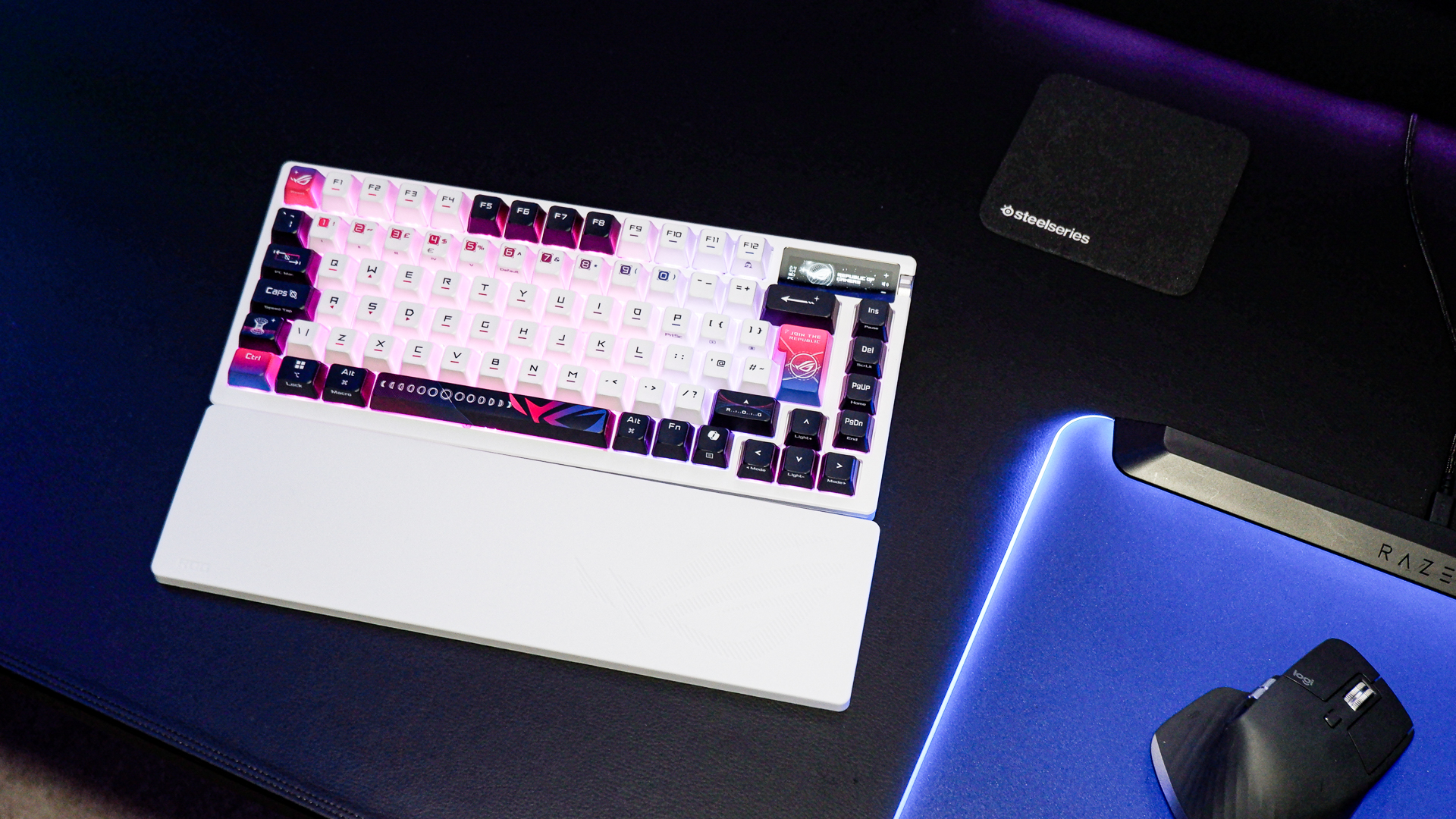Do you turn your PC off at night?
Or, you know, ever?
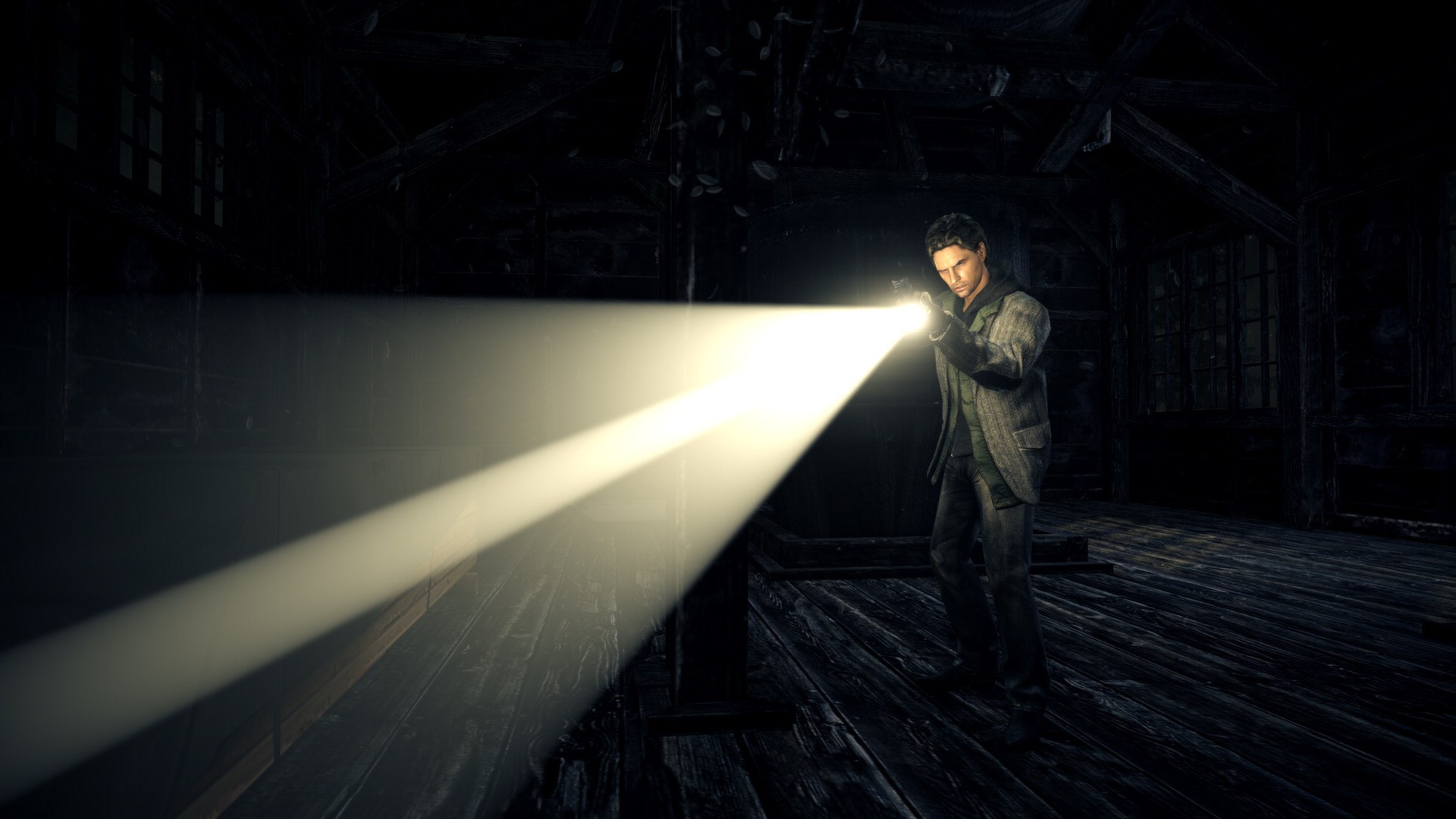
Find all previous editions of the PCG Q&A here. Some highlights:
- Do you keep doing sidequests after you finish the main story?
- Which online games would you resurrect?
- Has Steam Labs recommended something interesting to you?
Depending who you ask, turning off your PC at night is either a good way to save electricity or a good way to speed up the deterioration of your hardware. Or maybe it'll help prevent the build-up of dust. Or maybe powering down and then up again uses more electricity than just leaving it to hibernate would. Or maybe the RGB gremlins will get sad if you don't leave a light on for them. At this point there's so much conflicting advice, it's tempting to just throw up your hands and stop caring.
Our weekend question is this: Do you turn your PC off at night? Or ever? Do you only reboot if a driver update tells you too, or Windows starts acting up? Here are our answers, let us know yours in the comments. And be kind to your RGB gremlins.
Joanna Nelius, hardware staff writer
Pretty much every night, otherwise I put into sleep mode. I used to put my old rig into sleep mode every night because I didn't want to wait forever for it to boot up, but after I built my current rig with Windows 10 and an M.2 NVMe SSD, the only benefit of sleep mode is that it alleviates some stress on the components, if that even makes a difference at all with modern PCs. But I generally have my PC on for 16 hours a day, so fully shutting it down at night (or at least every once in a while) helps maintain performance. Also, I don't want all that RGB lighting bouncing off the walls as I'm trying to sleep.
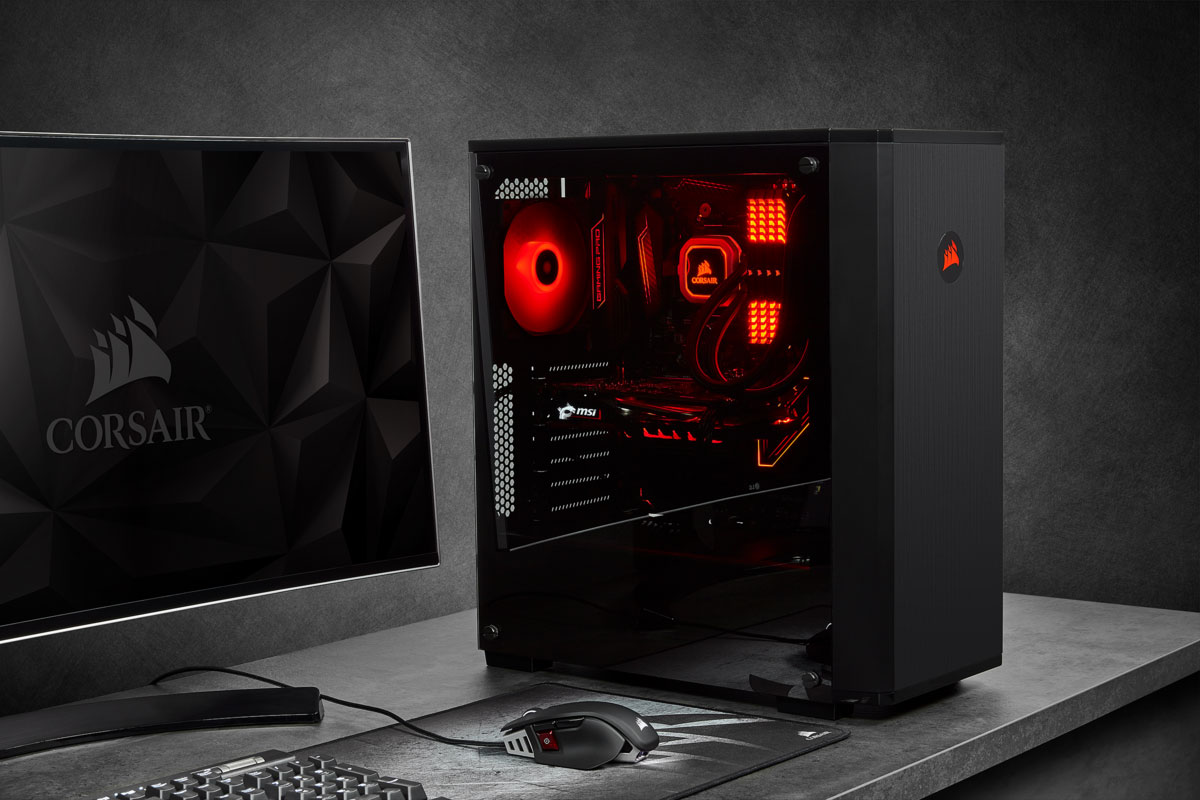
Chris Livingston, staff writer
I honestly never used to, because it's just so convenient to sit down at the desk and have the PC on and ready to go. Also, I'm lazy. Plus there was some myth about how turning a PC off and on is actually worse than just leaving it on all the time, which seems kinda dubious but makes for a good excuse to continue to be lazy. But for the past year or so I've been turning mine off just about every night. Partly because my PC only takes a few seconds to boot up (as opposed to my old one, which took forever) and partly because it just seems more sensible to turn something off if I'm not using it.
Andy Kelly, section editor
I used to leave mine on for weeks, and possibly even months, at a time. But I'm more environmentally conscious these days and it just feels wrong leaving it on now. In the grand scheme of things this gesture probably means nothing, but it makes me feel better. It also helps that I have Windows running on an SSD and it boots up in like 10 seconds. When PCs used to take five minutes to warm up and whirr to life, I maybe understand leaving it on more. But today? Nah. Off it goes. Mains switch and everything.
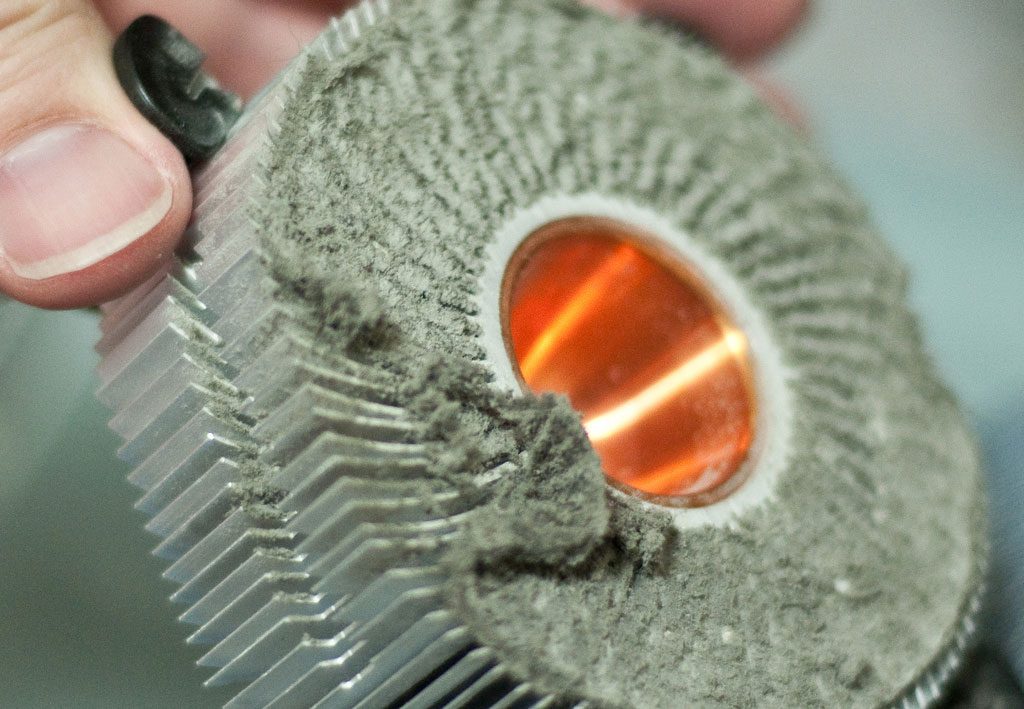
Evan Lahti, global editor-in-chief
Dust makes heat, and heat is the enemy. I can't stand the thought of even more particulate matter being hoovered into my system while I'm sleeping. Plus, my internet is quick enough here in San Francisco (140+ Mbps) that I don't have a need to download game updates overnight. If you're looking to change this habit, just look up your GPU's idle power draw.
Jarred Walton, senior hardware editor
Umm... yes, I usually turn off a PC at night. Usually. Perhaps even two or three of them, because who wants RGB lighting spilling out from under the desk? But my laptop is always on, unless I'm traveling and I put it into sleep mode, so when I come into my office in the morning it's ready to go—all the emails and other messages I may have missed are queued up and waiting.
Keep up to date with the most important stories and the best deals, as picked by the PC Gamer team.
My main desktop also stays on. It's used for things like testing GPUs, running other gaming benchmarks, playing games, and just about anything else I don't do on my laptop. It also has about 8TB of storage available, and it's where I store all the documents, data, and other doodads I'm working on. If I turn it off and then go to my laptop or another desktop and want to view some files, I can't and end up having to go turn it on. That's annoying and I'm lazy, a winning combination.
Actually, there's another oddity with the desktop—if I power it off or put it into sleep mode, it turns back on within the next 10-15 minutes. I've tried disabling wake on LAN and any related items that might cause this behavior, but to no avail. None of my other PCs or desktops do this, but the only way I can guarantee it stays off is to flip the power switch on the PSU or surge protector—but the latter isn't an option because my modem is connected to the same power strip.
I guess that makes me the bad guy. The person with the most PCs also happens to be the least environmentally conscious. It probably helps that I don't live in a state with crazy power costs.
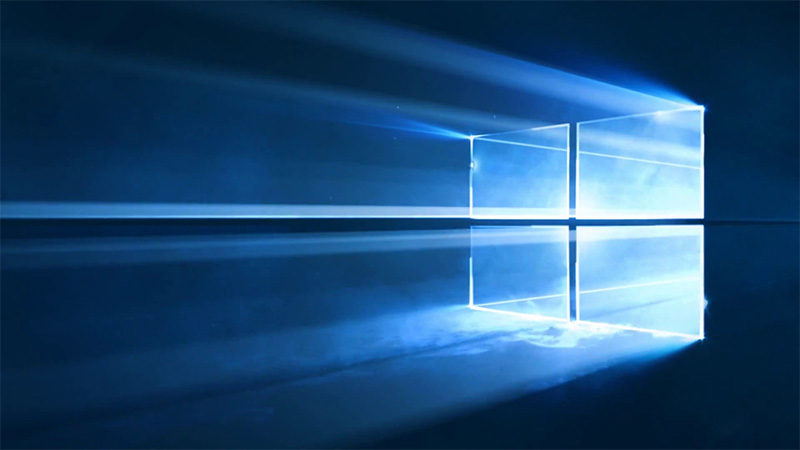
Wes Fenlon, senior editor
My dad always left our family computer on, growing up, so for a long time I never thought much of it. That was just the norm, and there was something fun about rebooting a PC for the first time in months. I even remember in IRC, folks would post stats about how long since their last disconnect. But once I got to college and started keeping my desk and PC in my room, I started turning it off occasionally to get rid of the noise, light, or heat. And these days, like Andy, I feel like it's wasteful to just leave it on 24/7. Booting my PC up for work in the mornings now feels like a nice ritual.
Andy Chalk, news writer
I never turn my PC off. It's a habit I got into years ago when I was running a local BBS, and at some point I heard the story about turning a PC on and off being harder on the components than letting it run full time, which made it easier to justify leaving it on (and is also probably nonsense). I've also been running Seti@home/Boinc for just about forever and I would hate to disappoint my fellow researchers at Berkeley by slacking off. Plus it's just so damn convenient. I sit down in front of my PC and it's like the Power Button Fairy has already popped by to do me a solid. Reading all these other responses has me wondering if I should change my ways, though. Maybe it's time to start flicking the switch?

Jody's first computer was a Commodore 64, so he remembers having to use a code wheel to play Pool of Radiance. A former music journalist who interviewed everyone from Giorgio Moroder to Trent Reznor, Jody also co-hosted Australia's first radio show about videogames, Zed Games. He's written for Rock Paper Shotgun, The Big Issue, GamesRadar, Zam, Glixel, Five Out of Ten Magazine, and Playboy.com, whose cheques with the bunny logo made for fun conversations at the bank. Jody's first article for PC Gamer was about the audio of Alien Isolation, published in 2015, and since then he's written about why Silent Hill belongs on PC, why Recettear: An Item Shop's Tale is the best fantasy shopkeeper tycoon game, and how weird Lost Ark can get. Jody edited PC Gamer Indie from 2017 to 2018, and he eventually lived up to his promise to play every Warhammer videogame.

